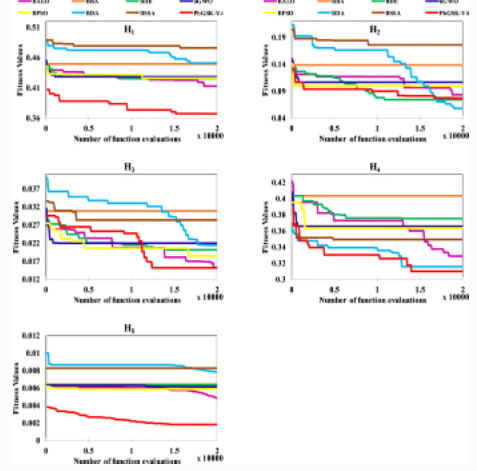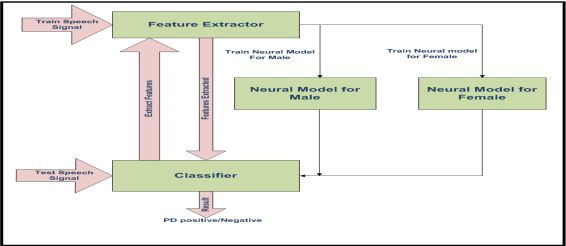
Optimal random access for a cognitive radio terminal with energy harvesting capability
We consider a cognitive radio scenario with an energy harvesting secondary user (SU) attempting to access a primary channel randomly. We assume multipacket reception (MPR) capability and investigate a system in which the SU may or may not exploit the primary feedback messages. The access probabilities are obtained to maximize the secondary throughput under the constraints of primary queue stability and such that the primary queueing delay is kept below a specified value in order to guarantee a certain quality of service (QoS) for the primary user (PU). We investigate the impact of the energy queue arrivals, MPR capability, and the primary queueing delay constraint on the maximum secondary throughput. © 1997-2012 IEEE.


